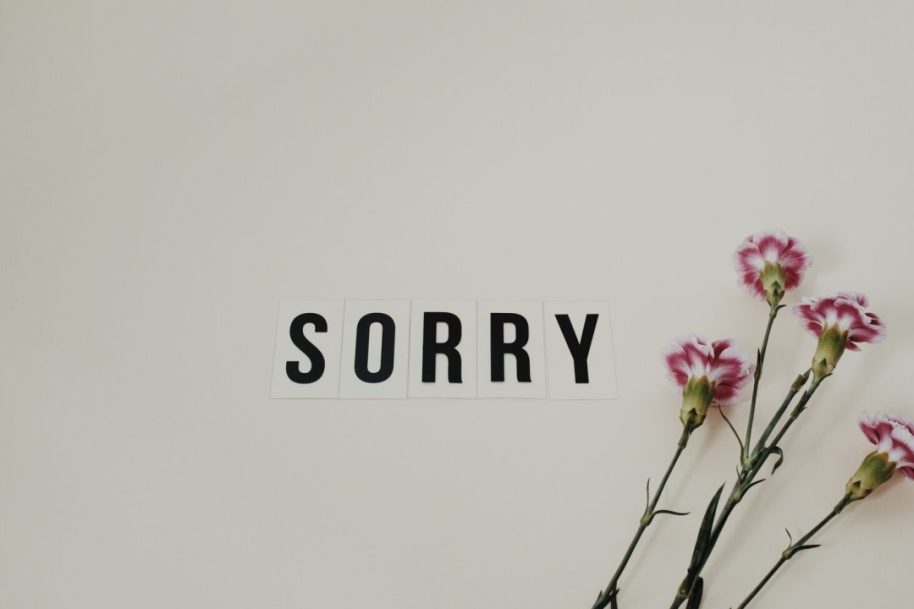Dear Donor,
I’m writing to say that we are sorry. Over the years, we’ve let you down.
You’ve said you wanted to restrict your money to ‘the cause’, and we’ve let you believe that this means your money can only go to literal service delivery. We’ve failed in our own responsibilities to advise you and explain why the separation between overheads and ‘the cause’ is not only unhelpful, but damaging to everyone we are here to help.
We’re sorry that we’ve misrepresented the way charity spending works in our promotional material, by advertising our low overheads and promising not to spend less than 90p in the pound on ‘the cause’ and, by doing so, unfairly restricted the potential of our charity and the impact your donation could have had.
We’ve also inadvertently led you to believe that the other 10p in the pound must have been spend outside ‘the cause’, which is not only untrue, but illegal. We should have explained better that charities are only allowed to spend money in pursuit of their objects and the purposes incidental to those objects. It is something enshrined in our constitution and the law, so all of us who have allowed this mythical division to emerge are collectively at fault.
We’re sorry we haven’t fought harder with the Charity Commission to take away this false and unhelpful dichotomy, and we’re sorry we haven’t united with all our sector colleagues to stand up for the ability of the charity sector to have the same opportunities as the private sector to innovate, to sometimes fail, and to win big.
We’re sorry we’ve let sensationalist media companies mislead you about how much we get paid, when the reality is that the pay gap between charity salaries and corporate salaries is widening, and it gets worse as we progress through the ranks.
In doing this, we have let all of our donors down.
That £1,000 you donated to help one person could have been invested in fundraising, and brought in hundreds of times as much.
That £1,000 you donated to help one person could have been invested in marketing, attracting new supporters, new volunteers and new service users.
That £1,000 you donated to help one person could have been applied towards a cost-of-living increase for our staff, reducing the high staff turnover we’ve experienced recently, which has cost us tens of thousands of pounds in the past year in increased salaries to attract new staff plus recruitment costs.
That £1,000 you donated could have gone towards a new CRM and data protection training, which might have stopped a data breach that happened because our CRM was hopelessly out of date, but we couldn’t find the money to invest in an upgrade. As a result, that data breach revealed sensitive information about our service users and donors and cost us both financially and legally.
By failing to better explain why overheads are intrinsically linked with the successful implementation of our cause, we’ve failed to make you aware of how limiting it is to donate to ‘the cause’ alone.
We’ve failed to make you realise that your money could have gone so much further if we hadn’t given you the power to restrict it. We wish we’d challenged the lazy and misleading journalism our media perpetuates, and spoken to you honestly, trusting that you were sufficiently intelligent to understand.
We wish we’d given you the opportunity to make a real difference, to be an innovative and brave funder, and not to treat you like you lacked the ability to understand the complexity and reality of the charity sector.
We are truly sorry we’ve perpetuated one of the greatest myths of our sector, and let you invest your funds in a way that hasn’t had the impact it could have.
From now on, we’re going to treat you with more respect. We’re going to recognise you have the intellect and capacity to understand these concepts if we simply take the time to explain, and we hope you will join us in starting to confront these attitudes and change how our sector undermines donors, our causes and our own potential in this way.
Yours,
The charity you support
[not an actual charity…]

